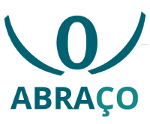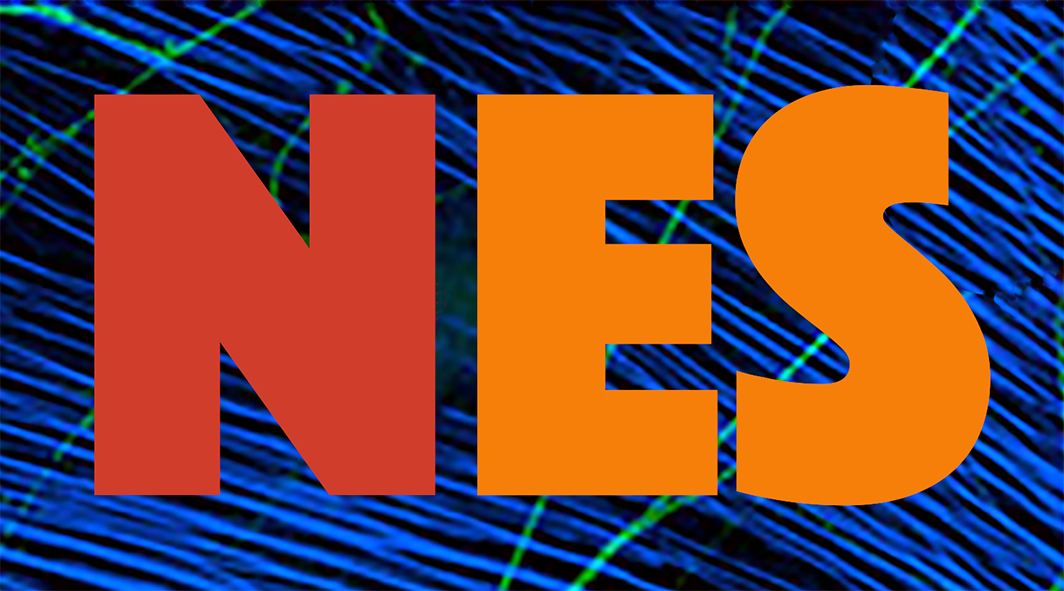
RIDC NeuroMat announces continuation plan
Oct 23, 2023
The Research, Innovation and Dissemination Center for Neuromathematics (RIDC NeuroMat) is excited to announce the launch of our continuation plan. Thanks to the recent extension granted by the São Paulo Research Foundation (FAPESP), NeuroMat's term now extends until July 31, 2025. This continuation plan has been crafted to accommodate this extension period.
Our focus in this continuation plan is to further strengthen NeuroMat's primary research directions: stochastic modeling of neuronal systems and structural learning by the brain. In the realm of stochastic modeling, we have introduced a new class of models for spiking neurons, which has garnered significant attention within the neuromathematical community. However, a crucial challenge lies ahead: comparing our model with the qualitative aspects of other previously proposed models in the literature. This comparison will allow us to gain a deeper understanding of how these various models can describe and elucidate empirical phenomena in neurobiology. To facilitate this, we have recently introduced the Galves-Löcherbach model into the NEST environment, the leading simulation platform for interacting neuronal systems –as described at the virtual NEST Conference, June 15-16 2023. This advancement not only extends accessibility to computational neuroscientists but also necessitates rigorous mathematical development to interpret the simulation results.
In the second direction, focusing on structural learning by the brain, our aim during this FAPESP-extended period is to delve into the mechanisms of brain plasticity associated with statistical learning. The goal is to establish formal connections between the learning of structured sequences of random events and their neural manifestations. Within this framework, we redefine brain plasticity as a process wherein the brain selects a suitable set of models to identify statistical regularities in sequences of events. This conceptual and experimental approach will also expand to model brain reorganization following brachial plexus injury (BPI) and Parkinson's disease.
Activity reporting
NeuroMat's ongoing research activities have been publicly reported in the Tenth Report of Activities, accounting for the period July 30, 2022 to August 31, 2023. Highlights of the period include the thematic program "Random Processes in the Brain: from experimental data to Math and back was a thematic", held at the Institut Henri Poincaré, Paris, from February 27 to April 7, 2023, and its preparatory process, called Pathways to the 2023 IHP thematic program Random Processes in the Brain, as well as scientific achievements in making statistical model selection for systems of interacting point processes with memory of variable length used to model systems of spiking neurons, documenting the open source software Neuroscience Experiments System that was developed by the NeuroMat team to a broader academic community, and building a robot arm to deliver transcranial magnetic stimulation (TMS) to specific cortical sites.
On October 25 and 26, 2023, the Workshop for NeuroMat Researchers will showcase 16 presentations on current projects led by the team. The agenda comprises brief talks by doctoral and postdoctoral investigators, along with interactive discussion sessions on upcoming initiatives.
In praise of Antonio Galves
As of October 4, 2023, FAPESP has approved a change in leadership for RIDC NeuroMat, in the context of the sad, unexpected and unfortunate passing of Professor Antonio Galves on September 5, 2023. The responsibility for the center has now been assumed by Professor Oswaldo Baffa, a co-principal investigator of NeuroMat.
The passing of Professor Galves was mourned by colleagues, students, and the broader scientific community. A memorial has been created to gather expressions of appreciation in his memory.
On October 12, Professor Baffa addressed the NeuroMat community and stated, "Now more than ever, the RIDC NeuroMat hopes to count on your active participation for the next two years to continue the excellent work the RIDC started under professor Antonio Galves' leadership." Additionally, he announced an upcoming ceremony to commemorate Professor Galves' achievements and career, with the date yet to be determined.
Share on Twitter Share on Facebook| NeuroCineMat |
|---|
|
Featuring this week: |
| Newsletter |
|---|
|
Stay informed on our latest news! |
| Follow Us on Facebook |
|---|




